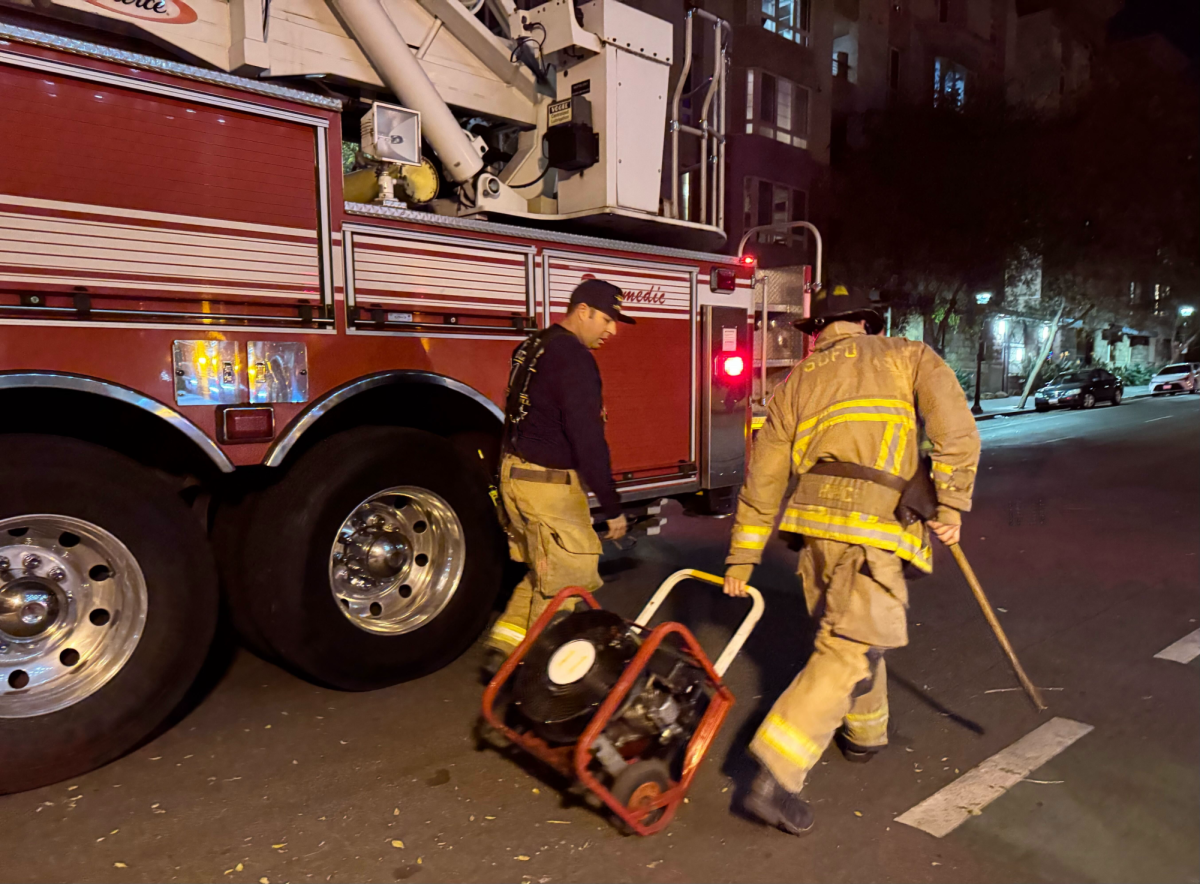By Nico Smedley
Contributor
Nurses in the Student Health Services office are urging City students to get booster shots to increase their immunity against pertussis (the illness more commonly known as whooping cough) as it continues to spread throughout California.
Debbie Helm, a family nurse practitioner who works on campus, especially encourages those who are regularly in contact with infants or with anyone who has a compromised immune system to get the injection. Helm notes that the main defense against the disease for members of that population is through the immunity status of those around them.
The reported numbers of whooping cough cases in California have been on the rise this year. According to the California Department of Public Health, 2,774 cases had been reported as of Aug. 10, which is about a seven-fold increase over the 395 cases reported through the same date in 2009.
Additionally, seven infants have died in California by Aug. 10 of this year, compared with three throughout all of 2009.
While many students may not feel that something like whooping cough is worth taking the time and money to vaccinate themselves against, Helm said she hates the fact that people are dying from something that is relatively easy to avoid.
“Is the epidemic a big deal? Yes and no,” Helm said. “As far as there being large numbers of people in the state coming down with severe illness or death, no, it is not such a big deal. However, I think it is a big deal anytime someone dies because of an illness that is completely preventable with vaccination.”
“I do wish more students would come in to get the vaccine,” she added.
Most people do not consider whooping cough to be a serious illness worth worrying very much about, mainly because a vaccine that provides immunization against it has existed since the 1940s.
According to the United States Centers for Disease Control and Prevention, before the creation of the vaccine pertussis, deaths in the United States were between 5,000 and 10,000 each year before the creation of the pertussis vaccine; whereas, after vaccinations became readily available, the figures went down to around 10 per year.
However, the CDC notes that for infants the disease has always been a serious threat, sometimes proving to be fatal. And, because their immune systems aren’t mature enough to handle a vaccination, the best way of protecting them is to immunize adults and limit the spread of the disease in the first place.
Paradoxically, though, because the disease has been contained for so long, immunization against it has become less necessary and, therefore, less common over time, which has led to a slow but steady increase in cases reported over the past 30 years. This is part of what has led to 2010 having the highest rate of reported incidences in California in many years–enough for the state to officially declare it an epidemic.
Students on campus who have heard this news aren’t necessarily worried however.
“People are way overreacting,” City College student Monica Lim said. “It’s stupid.”







